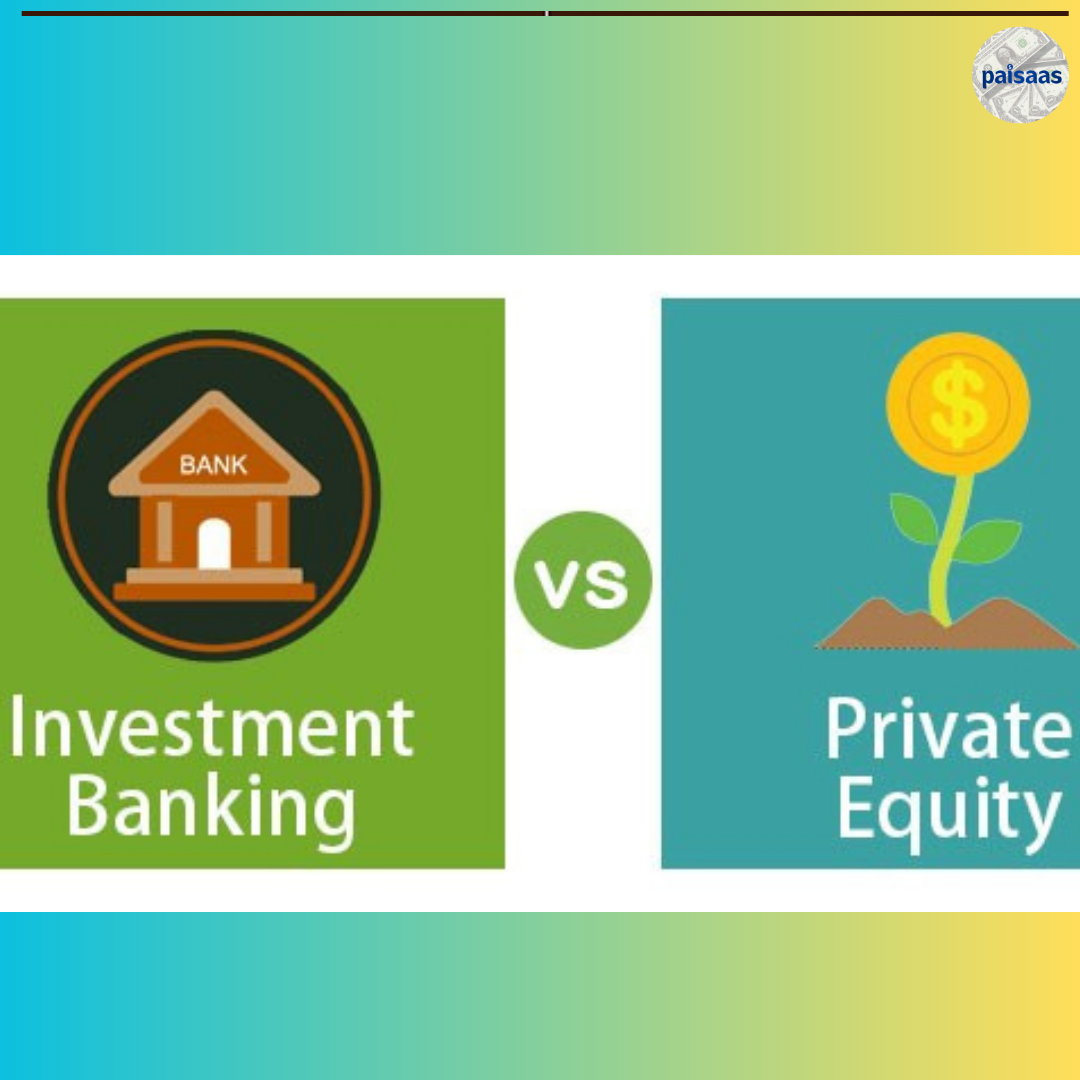

“Exploring the World of Investment Banking and Private Equity: Strategies, Opportunities, and Considerations”
Exploring the World of Investment Banking and Private Equity: Strategies, Opportunities, and Considerations
Investment banking and private equity are two prominent fields within the financial industry that play crucial roles in capital allocation, business growth, and wealth creation. While both sectors involve investment and financial transactions, they differ in their focus and approach. In this article, we will delve into the world of investment banking and private equity, exploring their strategies, opportunities, and key considerations.
Investment banking primarily deals with facilitating capital raising and providing financial advisory services to corporations, governments, and other entities. Investment banks assist in initial public offerings (IPOs), mergers and acquisitions (M&A), debt issuance, and restructuring. They act as intermediaries between issuers and investors, leveraging their expertise in valuation, due diligence, and market analysis.
On the other hand, private equity involves investing in private companies, often with the aim of acquiring a significant ownership stake. Private equity firms pool funds from institutional investors and high-net-worth individuals to invest in companies with growth potential. They actively participate in the management and strategic decision-making of the portfolio companies, aiming to enhance their value and generate substantial returns.
One key strategy employed by investment banks is underwriting securities offerings. They help companies navigate the complex process of issuing stocks or bonds to raise capital. By assessing the issuer’s financials, market conditions, and investor demand, investment banks determine the appropriate pricing and structure for the offering. They also assist in marketing the securities to potential investors, ensuring a successful capital raise.
In private equity, the strategy revolves around identifying promising investment opportunities and creating value through active management. Private equity firms conduct thorough due diligence to assess the target company’s financials, market position, and growth prospects. Once an investment is made, they work closely with management to implement operational improvements, strategic initiatives, and potential add-on acquisitions. The goal is to enhance the company’s performance and ultimately achieve a profitable exit, often through an IPO or sale to another buyer.
Both investment banking and private equity offer exciting opportunities for investors and professionals in the financial industry. Investment banking provides exposure to high-profile transactions, allowing individuals to develop expertise in deal execution, financial analysis, and client relationship management. Private equity, on the other hand, offers the chance to work closely with portfolio companies, drive operational improvements, and reap the rewards of successful investments.
However, it is important to consider some key factors when venturing into these fields. Firstly, investment banking is known for its demanding work culture, characterized by long hours and high-pressure environments. Those pursuing a career in investment banking should be prepared for a fast-paced and challenging work environment.
In private equity, substantial capital commitments are required, making it more accessible to institutional investors and wealthy individuals. As an investor, it is essential to carefully evaluate the track record and investment strategies of private equity firms before committing capital. Additionally, the illiquid nature of private equity investments means that capital is tied up for a significant period, often ranging from five to ten years.
In conclusion, investment banking and private equity offer distinct yet interconnected opportunities in the financial industry. Investment banking focuses on capital raising and financial advisory services, while private equity involves investing in and actively managing private companies. Both sectors require specialized skills, industry knowledge, and a keen understanding of risk and reward. Aspiring professionals and investors should carefully consider their interests, capabilities, and risk appetite before embarking on a journey in investment banking or private equity. With the right mindset, expertise, and strategic approach, individuals can thrive in these dynamic and rewarding fields.




